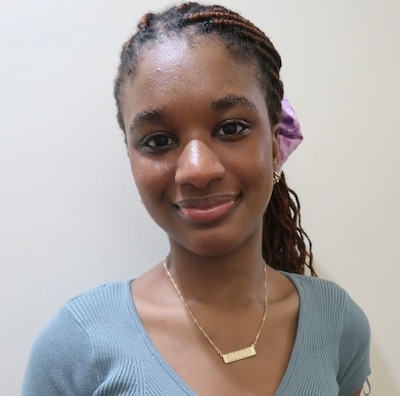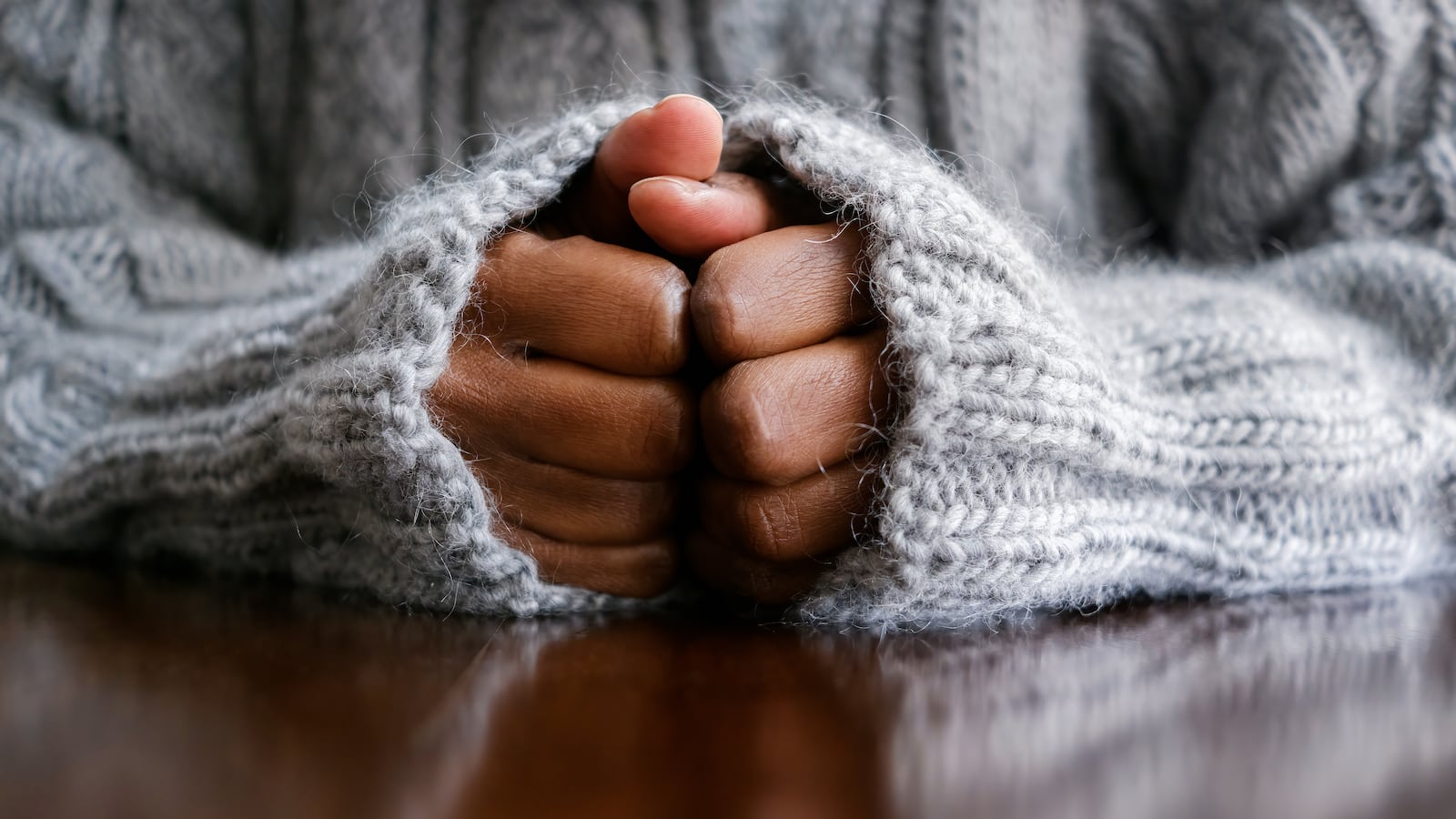In 10th grade, my lunch periods usually looked like this: After finishing class, I would head to the library and computer lab, where I’d sit and make Pinterest boards — about Halloween costumes, say, or what I imagined my future house would look like. I did this while listening to music or true crime podcasts on my earbuds. When I looked up from my phone, I’d see students sitting together, doing homework or just hanging out. I was sitting alone. As for eating lunch, I’d always wait until I got home from school.
It was a lonely experience.
In September of my sophomore year, I transferred schools and was excited for a fresh start. At my old high school, my lunch periods looked about the same, except phones weren’t allowed, so I’d use a school laptop to search for things my future self would buy for trips. I imagined riding the Glacier Express in Switzerland or sandboarding in the Moroccan desert. If I didn’t like my present situation, at least I could prepare to love a future of endless possibilities.

I thought my school social life would improve when I transferred. But when it didn’t, I realized that the one thing that had stayed the same throughout was me.
My loneliness was particularly unnerving because I wasn’t used to it. I had attended elementary and middle school with many of the same friends and classmates year after year. As a younger child with a simpler worldview, it was easier to make friends. When new students would enroll at my elementary and middle school, I would fearlessly walk up to them and invite them to play. But in the post-COVID world of high school, fostering these connections seemed impossible.
Why was it so hard for me just to walk up to someone and start talking?
I’m not the only one struggling with these sentiments. In 2023, U.S. Surgeon General Vivek Murthy issued a report on America’s epidemic of loneliness, which he said presents “profound threats to our health and well-being.” The epidemic preceded the pandemic, but COVID worsened the problem. A more recent study revealed that 41% of adolescents showed “higher rates of stress and anxiety” during this time of widespread isolation.
And it’s important to remember that even during ordinary times, the transition to high school can be nerve-wracking. The effects of quarantine made the change even harder.
I recall desperately wanting another student to initiate a conversation with me, but no one did. I had some friends, but, especially being a transfer student, the friendships weren’t as deep as I craved.
It was May of my sophomore year when I finally realized that my loneliness was the result of insecurity and a fear of rejection. I wanted to see Luca Guadagnino’s movie “Challengers,” but I had no one to go with. The theater was also a 20-minute subway ride away, which isn’t very long, but I rarely went on the subway alone back then. I still really wanted to see it, so I pushed myself to go alone. At the end of the movie and upon returning home, I thought about how my happiness doesn’t have to be dependent on others. After all, I had just gone out and had a great time on my own.
I thought about my behavior over the past year and a half. Too often, I stayed home and never asked anyone new to hang out. I live in New York City — there are a million things to do here — yet I wasn’t taking advantage of it. So I decided that I would start doing something I had heard a bit about online: solo dating. This self-care exercise involves taking yourself out to nice places with the goal of boosting confidence and encouraging self-discovery.
Once I stopped focusing so much on not having close friends and more on enjoying my own company, I naturally began making meaningful relationships with other people. I became great friends with classmates I was already well acquainted with, as well as some I wasn’t.
With this new confidence, I began reaching out to ask new people if I could sit with them during lunch or if they wanted to go somewhere together. I was no longer afraid of rejection. As it turns out, people were much friendlier than I assumed, and I started socializing more during my free time. I was even invited to join a new club.
Nowadays, I’m still a homebody and a bit shy. I’m not confident enough to walk up to people in every situation, but it’s not as upsetting or lonely. I’ve continued my solo dating practice — taking myself to the movies, new cafés, or to another neighborhood to go shopping — in addition to doing these things with friends. I still sometimes spend my lunch hour alone, but I’ve stopped fixating on the absence of people.
One of my favorite quotes is “Don’t waste your time chasing butterflies. Mend your garden, and the butterflies will come” by the Brazilian writer Mário Quintana. It encapsulates what I’ve learned throughout this experience. When you focus on improving your life and tapping into what brings you joy, your positive energy invites people in. And even when it doesn’t, when you’re your own best friend, you will rarely be lonely.
Awa Sangare is a member of Chalkbeat’s 2024-25 Student Voices Fellowship class. She is a high school junior who enjoys nuanced discussions, literature, and history. Awa started a Muslim Student Association at her school in an effort to explore her own religious identity and provide a safe space for Muslims to express their thoughts. She hopes to study English and history in college.


